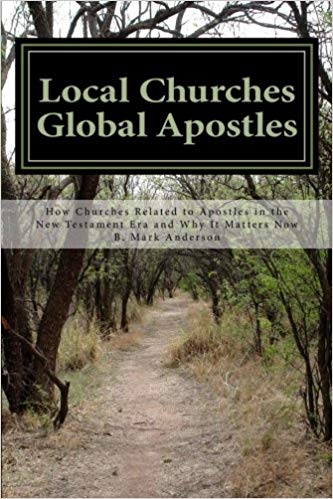
Confession is good for the soul. It is healthful, but not easy.
So here goes . . .
About the year 2000 my wife Kari and I were walking in Zamboanga, a city in the southern Philippines. On the sidewalk lay a man in apparent need. We saw him and continued on, heading toward a marketplace or wherever we were going.
A couple hours later we returned, backtracking on the same route. There we saw the man, this time motionless and mostly covered with cardboard.
He was dead.
We stopped and stared. The bystanders noted our attention and tried to reassure us. “Don’t worry,” they said. There was no shooting, no violence. He only died of starvation!”
We were shocked. No big problem: “He only starved to death.”
What could we have done? We were only visitors in the city. But could we have helped? Could we have carried him someplace before he died? Could we have brought food?
My wife’s reaction was Christ-like. She immediately determined to never again bypass a person like that in need.
But when I had seen him on the sidewalk covered with cardboard, I had felt like kicking the obstacle out of the way and stepping over it not realizing the man was dead.
To my grief and shame, the incident revealed my hardness of heart.
There is none righteous, not even one;
There is none who understands, there is none who seeks for God;
All have turned aside, together they have become useless;
There is none who does good, there is not even one.
Romans 3:10-12
I was the man of Romans 3.

So there you have it–my confession. I feel bad about it. The worst part is the hardness of my heart. Groveling in shame helps not a bit. Regret changes nothing.
“Godly sorrow and confession–Come in! Come in and change me to become like Jesus.”
I”m thankful to Jesus Christ and His blood for forgiveness. I’m thankful to my church and close friends and family that I can share this confession and know that you will still love me. You give me confidence.
I have never forgotten that incident on the sidewalk in Zamboanga. As I confess it to God and to you, may God grant me greater compassion to become like Jesus. Yes, confession is good for the soul.
Nick Gavrilov on Unsplash for the sinner photo.














